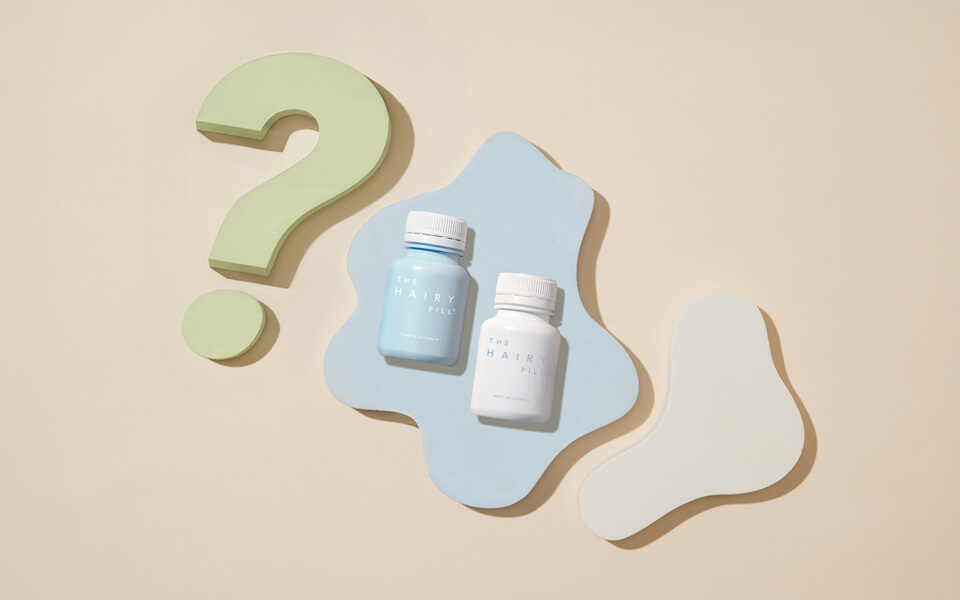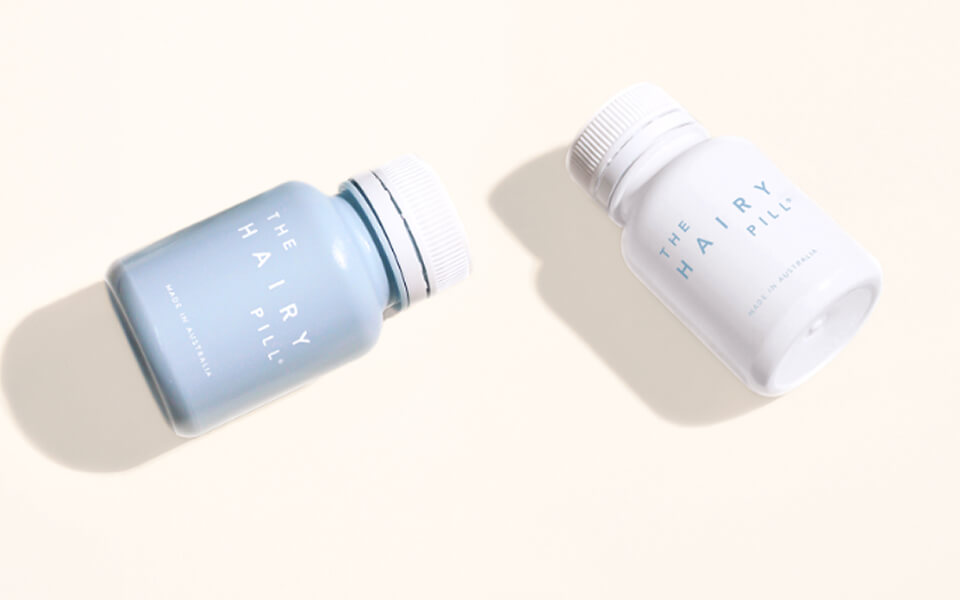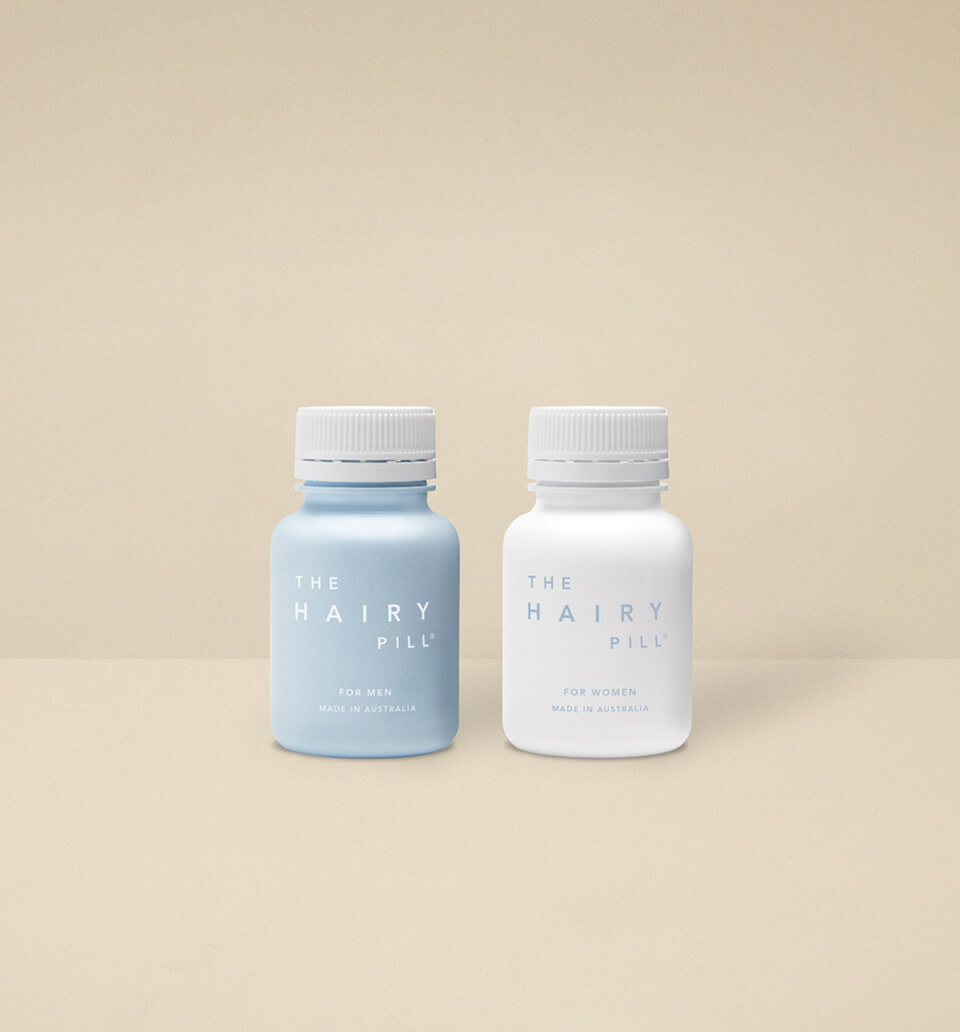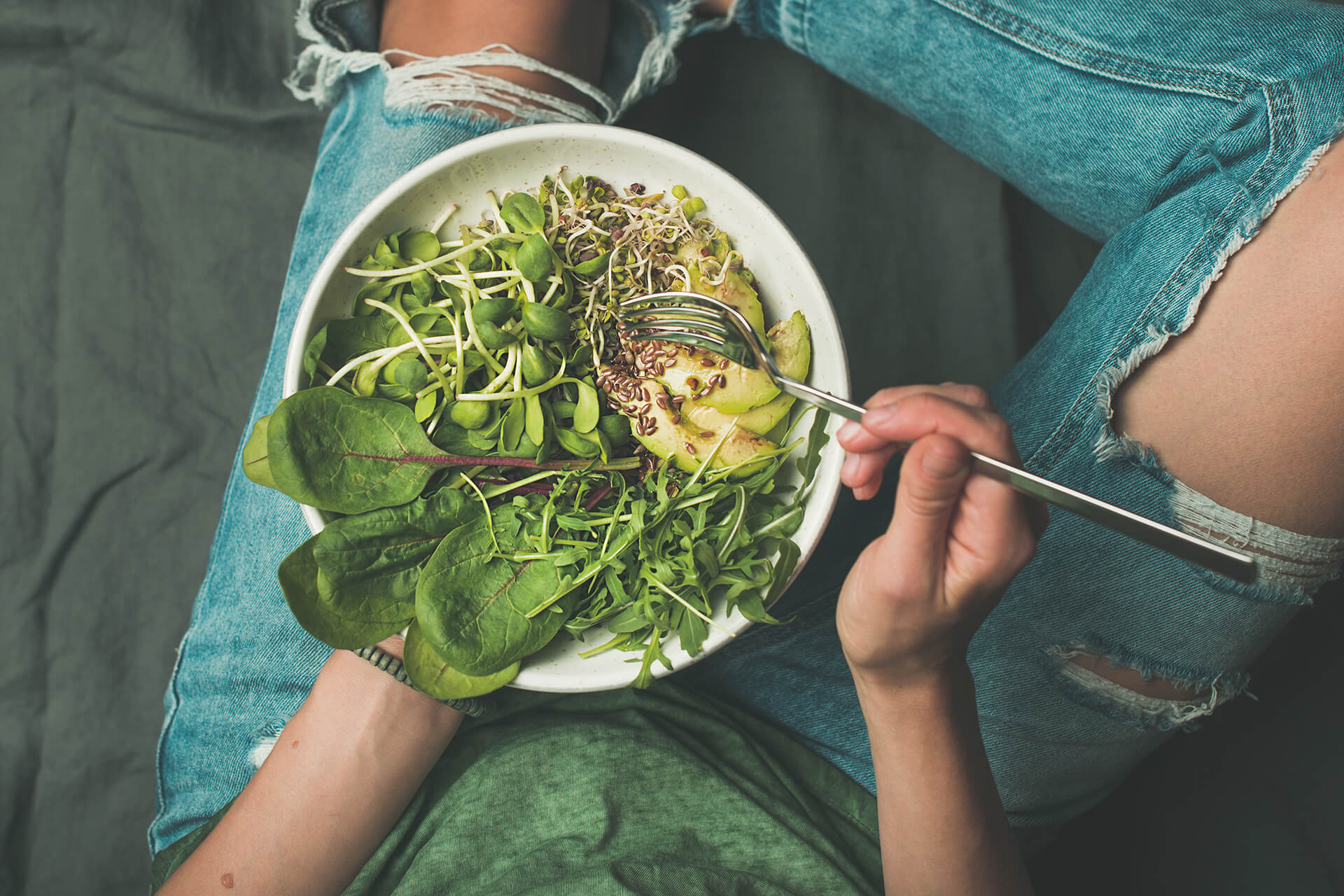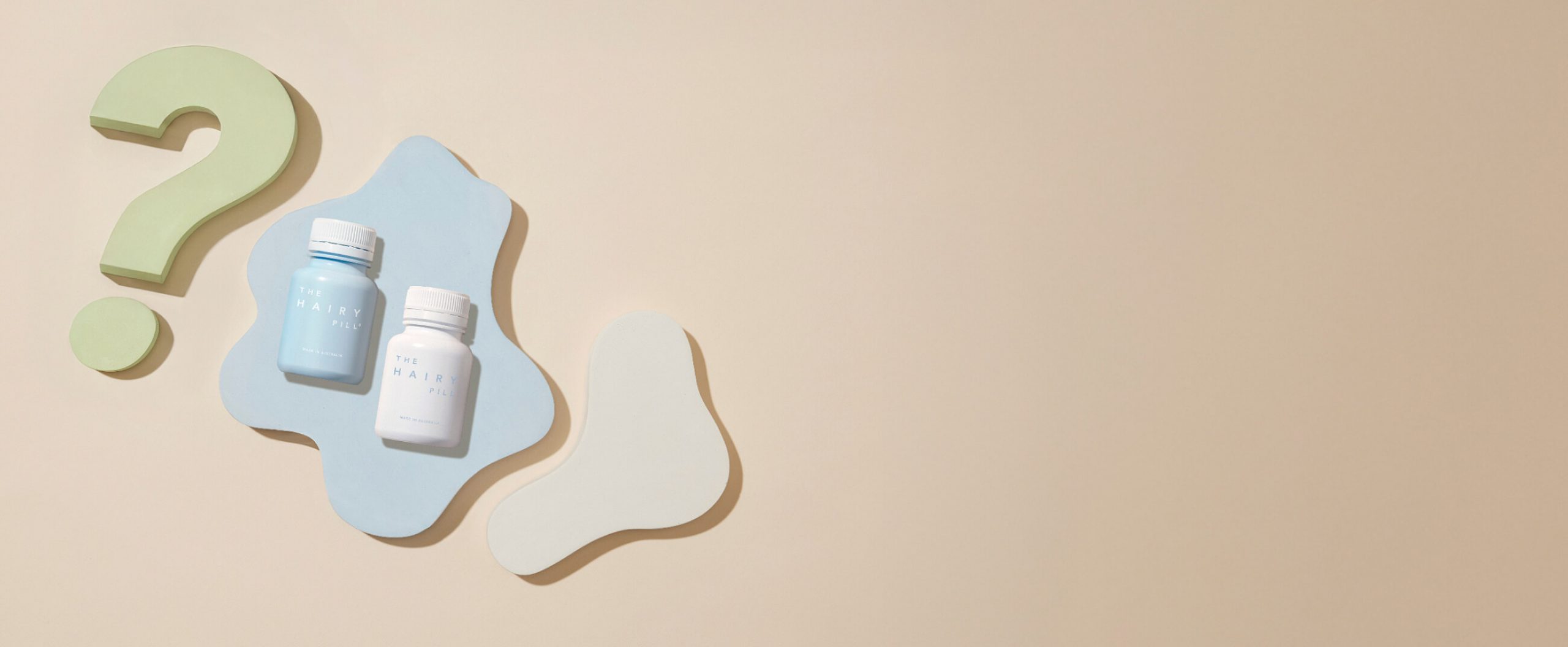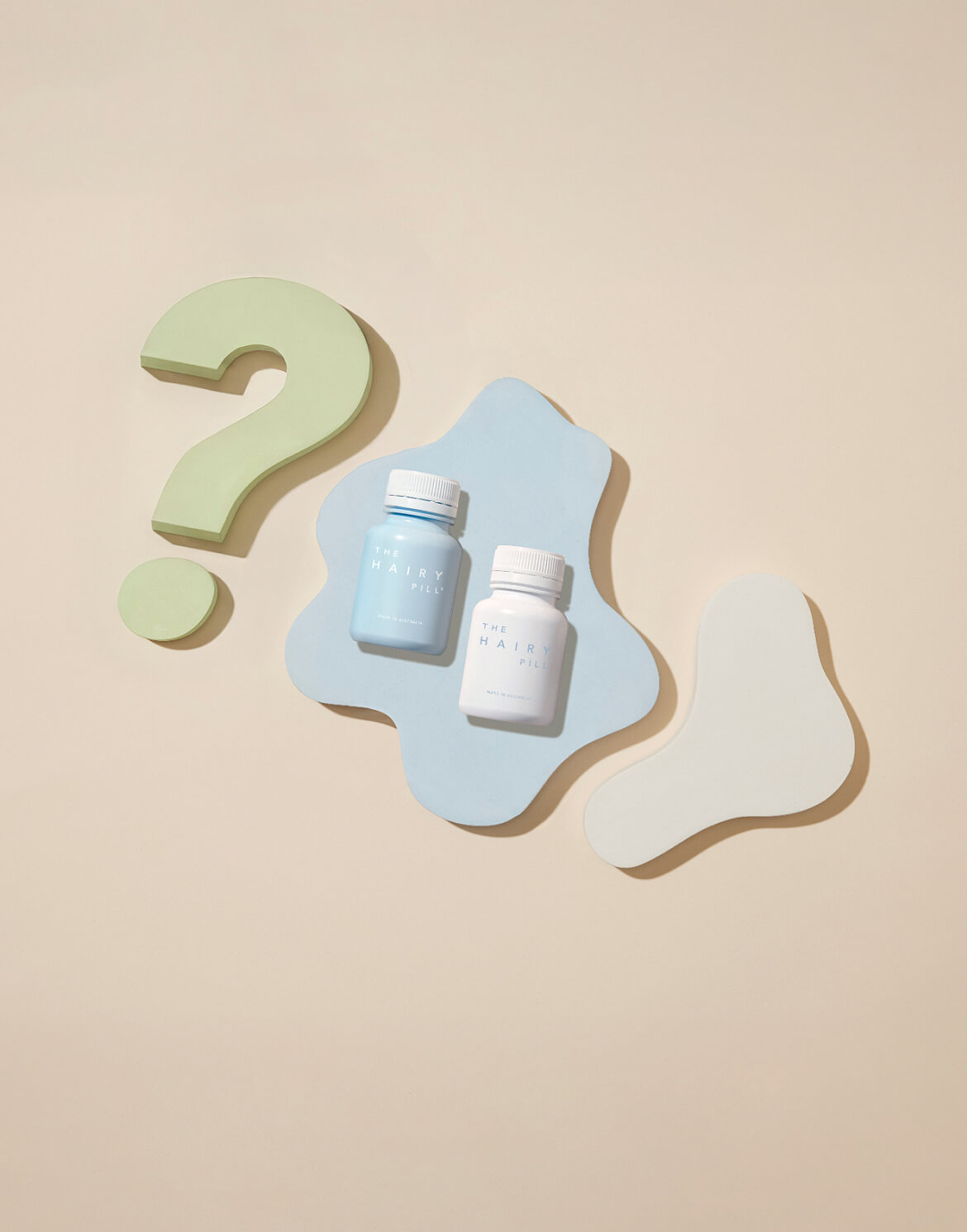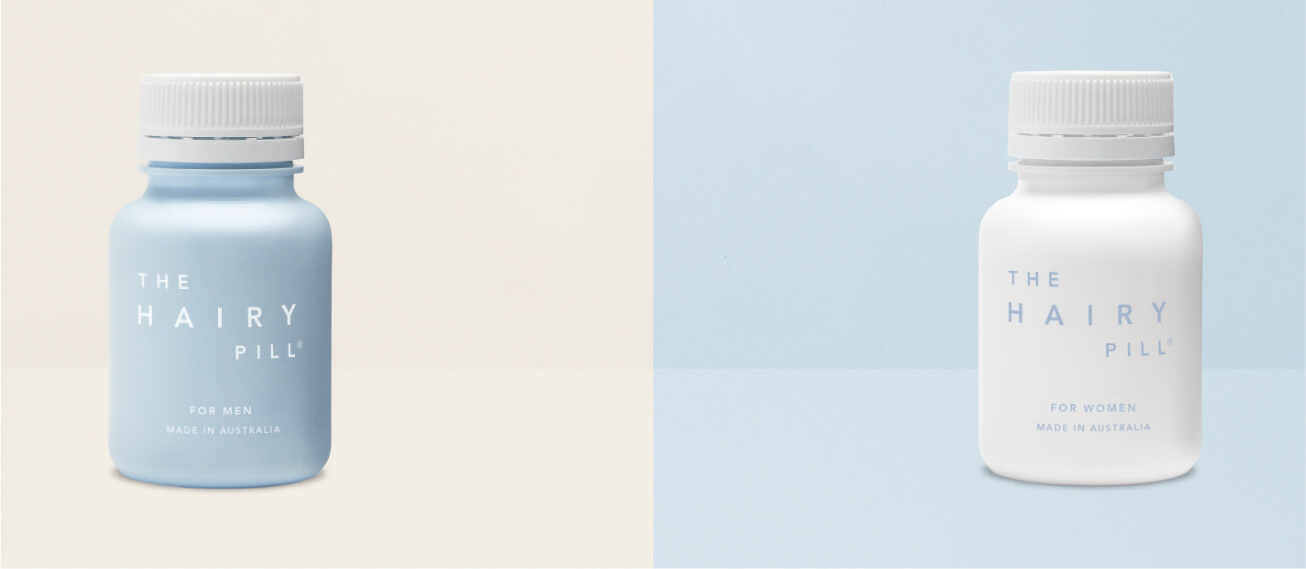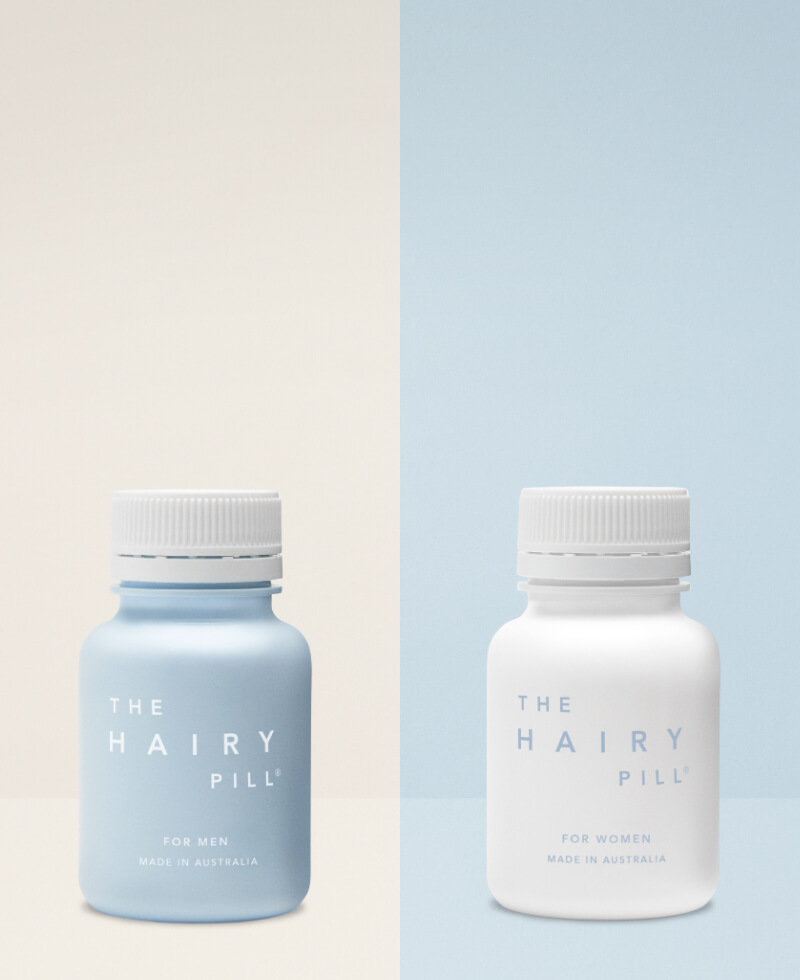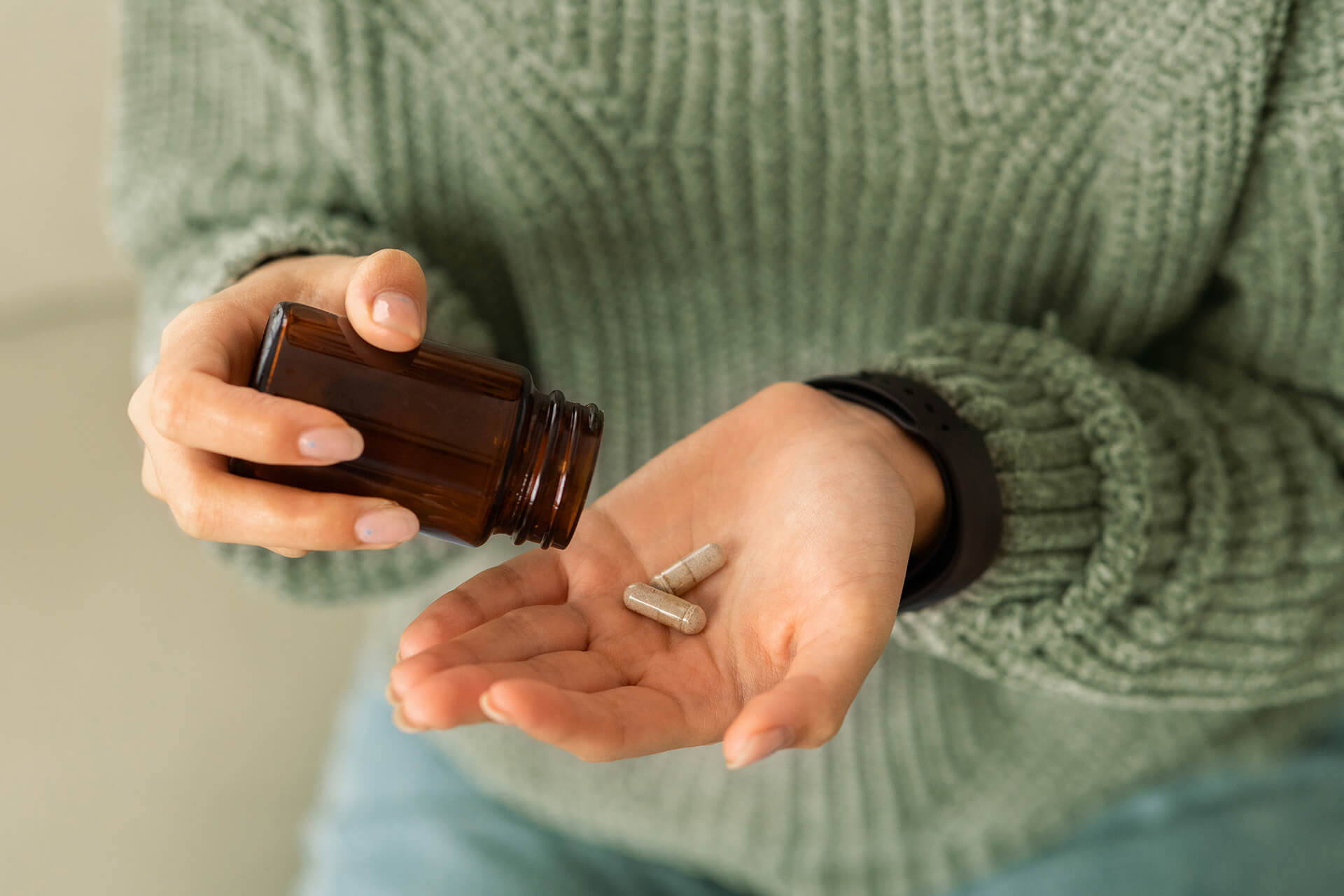When it comes to hair, diet does matter. Your hair follicles need nutrients to grow healthy hair. So making sure you’re eating a nutritional diet is a good place to start if you want to improve your hair.
This article covers some of the best foods for healthy hair growth — foods that deliver the essential vitamins and minerals your hair follicles need to thrive.
A few dietary changes won’t deliver an overnight transformation — particularly if it’s not complemented with a treatment for hair loss that addresses underlying causes (like genetics). And good food probably won’t make your hair grow faster (that’s tied up with your hair growth cycle).
But it may just contribute to healthier, stronger, and thicker hair for the long term.
The Role of Nutrients in Hair Growth (and Hair Loss)
Many vitamins and minerals have an important role in hair growth. Your scalp is covered in hair follicles. These minuscule pockets in the epidermis (the outer layer of your skin) contain hair bulbs, which are the base of each hair strand.
Bulbs are made up of protein cells that are fed a steady diet of essential nutrients and hormones via the blood vessels. Without proteins, fats, vitamins, and minerals, the cells cannot thrive, which may lead to weak, brittle, or thinning hair.
In particular, some nutrient deficiencies affect hair growth, including:
- Vitamin D
- Biotin
- Zinc
- Iron
However, while eating a balanced diet helps your hair follicles get the nutrients they need to produce hair, it’s important to remember that nutrition is just one element in growing healthy hair.
Other factors, such as age, genetics, medications, and environmental exposures can also cause hair loss or impact hair growth.
Learn about the vitamins and minerals that are essential for healthy hair.
Discover if The Hairy Pill® is right for you.
Take our short hair health quiz and we will work out if The Hairy Pill® can help you and your hair.
Take the quizThe Best Foods for Healthy Hair Growth
Here are some of the most recommended foods to help with hair loss, hair growth, and thickness.
1. Eggs
One of the best foods for hair growth is the humble egg. Two 60 gram eggs contain almost 13 grams of protein. That’s 20% of the recommended daily intake for men, 27% for women, and about 33% for children.
Egg yolks are also a great source of biotin, a B vitamin that is responsible for producing keratin, the protein your hair is made up of.
Finally, they’re rich in zinc, selenium, L-lysine, vitamin D, vitamin A, and iron.
2. Sweet potato
Sweet potatoes are high in biotin and are also a particularly good source of vitamin A — or more precisely, they contain high amounts of beta-carotene, a compound that the body converts into vitamin A.
In fact, just one sweet potato gives you more than 100% of your recommended daily intake (RDI) of vitamin A.
Vitamin A is important for hair growth as it can affect the production of sebum, the oil that protects your hair. But it’s best to get this vitamin through a natural diet rather than supplements as case studies suggest too much vitamin A can cause hair loss.
3. Nuts and seeds
Nuts and seeds are a rich source of vitamin E, an antioxidant that can protect the scalp and hair follicles from oxidative stress, which in turn prevents brittle hair.
Vitamin E deficiencies are rare and most people can get their RDI through diet. Just a handful (about 28 grams) of almonds or sunflower seeds provides almost 50% of your daily dose of vitamin E! Walnuts and cashews are also good options.
Nuts are also one of the best sources of protein, particularly for vegetarians and vegans.
Almonds, brazil nuts, and peanuts (though technically a legume) contain good doses of zinc. Meanwhile, walnuts, flax seeds, and chia seeds are all rich in anti-inflammatory omega-3 fatty acids — although the body doesn’t absorb these fatty acids as efficiently as those found in fatty fish.
4. Fatty fish
Fatty fish like salmon or trout are one of the best sources of omega-3 fatty acids. These healthy fats are anti-inflammatory, which means they can protect your cells — including those in your hair follicles — from damage. They’re believed to be good for the hair, skin, eyes, and heart.
Fish are also rich in vitamin D, which has proven links to hair health. Multiple studies have shown that a vitamin D deficiency can lead to hair loss and may have a role in female pattern hair loss, telogen effluvium, and alopecia areata.
Fish are a bit of a superfood for hair as they’re also high in protein, selenium, zinc, iron, and biotin.
5. Avocado
Go ahead and order that smashed avo at your next brunch because it turns out avocado is a great food for healthy hair. It’s rich in biotin, omega-3 fatty acids and vitamin E. In fact, one medium avocado provides almost 30% of your RDI of vitamin E.
6. Red meat
Red meat (like beef and lamb) is rich in zinc, biotin, and protein, all essential for hair growth. It is also one of the highest sources of iron you can get — not to mention, it contains a type of iron that is easy for the body to absorb.
The link between iron and hair health is one of the strongest researchers have found. We all need iron to help our red blood cells deliver oxygen to the hair follicles. There have been many studies, not to mention plenty of anecdotal evidence, that suggest that an iron deficiency may lead to hair loss.
7. Black beans
Black beans are high in biotin, iron, protein, and zinc. Since fish and meat are the main sources of zinc, vegetarians and vegans may be at risk of developing a zinc deficiency, making black beans a particularly rich source of their RDI of zinc.
This is one of the rare occasions in science where the case is clear:
Zinc deficiencies contribute to all types of hair loss because zinc helps produce DNA and RNA — essential for processes where cells divide, like hair growth.
8. Berries
Berries are a fantastic source of vitamin C, which is a great antioxidant, helping protect hair follicles from damage caused by free radicals. Plus it helps boost production of a protein called collagen, which helps strengthen hair.
Strawberries are particularly rich in vitamin C, with just 8 medium strawberries delivering 160% of your recommended daily intake.
9. Spinach
Spinach is rich in vitamin A, with 100 grams of this leafy green providing more than 50% of your recommended daily intake.
Rich in folate and biotin, it also contains high amounts of iron and vitamin C together, making it a beneficial addition to your diet. Vitamin C helps your body absorb iron, which in turn helps deliver oxygen to your hair follicles.
Ready to start your hair growth journey?
- Free express shipping
- Unlimited doctor consultations
- Simple once a day treatment
Do you need supplements for hair health?
Certain foods may help power your hair follicles and strengthen your locks. But if you have a nutritional deficiency, it could take a toll on your hair, affecting hair growth and thickness.
In this case, your hair may need an extra nudge with the help of hair growth supplements that address a deficiency and ensure you reach your daily intake of essential nutrients
But if you’re struggling with hair loss, it’s unlikely that your diet alone is the cause of it.
It could be a result of genetics, medication, hormonal changes, stress, or a medical condition. And if that’s the case, you may need to do more than make some simple dietary changes or add some supplements to your regimen.
A hair loss treatment like The Hairy Pill® can help address the underlying cause of hair loss to ensure long-lasting results.
Proven Treatment for Hair Loss
The Hairy Pill® is made specifically for you with medical grade actives that help stimulate your hair follicles. It also contains a customised blend of vitamins and minerals to deliver all the support your hair needs.
The process is simple. Once you fill out a form, our partner doctors will recommend ingredients and dosing based on their assessment of your needs. Our partner pharmacists make (or compound) the medicine for you. Then it gets delivered straight to your door.
Learn more about our men’s hair loss treatment and women’s hair loss treatment today.

